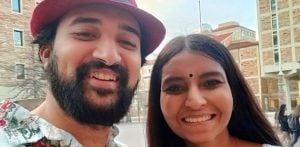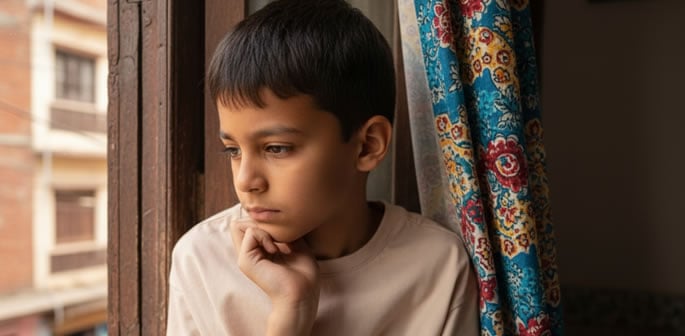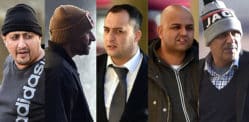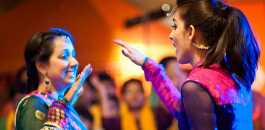"I was scared people would make fun of me"
India has a hidden crisis of sexual abuse against boys, something which is often overshadowed by the country’s long and public struggle with attacks on women.
This is a widespread and systemic issue, shrouded in a deafening silence, shame, and a distorted sense of masculinity that leaves its victims voiceless and invisible.
The stark reality of this crisis was thrown into sharp relief in September 2025 in Kerala, where a 16-year-old boy reported being sexually assaulted by 14 men over two years.
Fourteen people were booked under the Protection of Children from Sexual Offences (POCSO) Act. Of those, eight were arrested.
This case, while shocking, is just the tip of the iceberg. Statistics paint a grim picture.
A 2007 report by India’s Ministry of Women and Child Development found that 52.94% of boys had experienced sexual abuse.
More recently, a 2025 Lancet study estimated that 13.5% of boys in India had been sexually violated before the age of 18.
This represents millions of shattered childhoods and lives altered.
We look at this hidden crisis, societal pressures, as well as the flawed legal landscape.
Silence to Preserve Masculinity

In India, the societal expectation of what it means to be a man is a powerful and often suffocating force.
Boys are taught from a young age to be strong, stoic, and to suppress their emotions. Crying is for girls, vulnerability is weakness, and to be a victim is to be less of a man.
This rigid and unforgiving brand of masculinity creates a formidable barrier for boys who have experienced sexual abuse.
Consider the story of Riyaz*, who was sexually abused on two occasions by an older boy in his neighboured and by a classmate.
For years, he kept the experience to himself, a silence born directly from the fear of how society would perceive him.
He recalled: “I was scared people would make fun of me, or not believe me.
“The guilt of not being able to protect myself, being a boy, kept gnawing at me.”
This sentiment is echoed by sociologist Vijaylakshmi Brara, who notes that the traditional notion of ‘manliness’ makes it difficult to accept that men can be vulnerable.
The patriarchal structure of society, which positions men as dominant, is unable or unwilling to imagine them as victims.
Brara told DW: “Society is deeply ingrained with the belief that only women are victims, leaving male experiences largely invisible.”
This ingrained bias has devastating consequences.
When boys do summon the courage to speak out, they are often met with disbelief, ridicule, or even blame.
Their accounts are dismissed, their pain minimised, and their trauma compounded by a society that refuses to see them as victims.
Legal Gaps

On paper, India has a robust legal framework for protecting children from sexual abuse.
The Protection of Children from Sexual Offences (POCSO) Act of 2012 is a gender-neutral law, meaning it applies equally to boys and girls. However, the reality on the ground is far more complex.
While POCSO is a significant step forward, its implementation is often hampered by the same societal biases that silence male survivors.
Law enforcement officials, influenced by patriarchal norms, may not take allegations from boys as seriously as those from girls.
A 2025 study in Northeast India found that out of 350 POCSO cases presented for medical examination, only two were male survivors. This startling disparity highlights the immense challenge boys face in even having their cases acknowledged.
And while POCSO covers children, the legal landscape for adult male survivors is fraught with challenges.
Indian rape laws, under Section 375 of the Indian Penal Code, are not gender-neutral and define the victim as a woman and the perpetrator as a man.
This leaves adult male survivors with limited legal recourse, often forcing them to navigate the controversial and outdated Section 377, which criminalises “unnatural offences”.
The fight for legal reform is ongoing, but it is a slow and arduous process.
The dismissal of a plea in the Supreme Court to make rape laws gender-neutral underscores the deep-seated resistance to acknowledging male victimhood.
The Trauma of Abuse
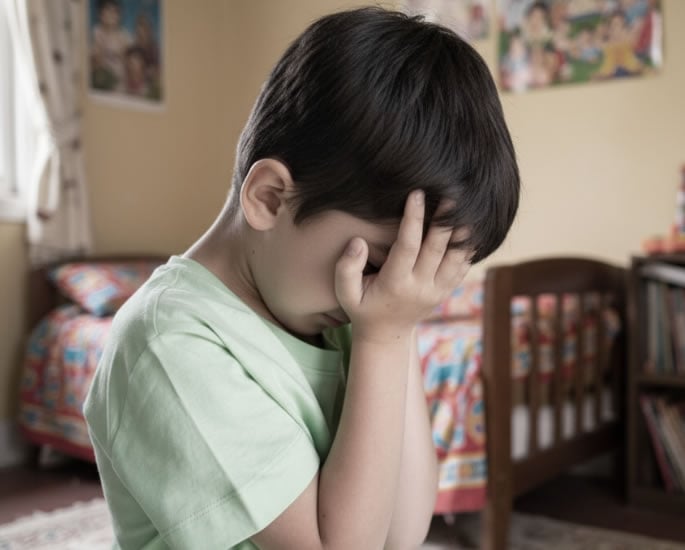
The psychological and emotional toll of sexual abuse on boys is profound and long-lasting.
Survivors often grapple with feelings of shame, guilt, and self-blame. The trauma can manifest in a variety of ways, including anxiety, depression, post-traumatic stress disorder (PTSD), and difficulties with intimacy and relationships.
One survivor, who was abused by his uncle for 11 years, describes a childhood of fear and confusion.
He told DW: “My childhood went by having two worlds where I would not remember the rape until something triggered it off and then I would cry endlessly.”
The trauma is often exacerbated by societal silence and the lack of support systems.
Insia Dariwala, who runs a foundation that raises awareness about child sexual abuse, said police generally lack the sensitivity to deal with cases of assaults on boys:
“I have interacted with adult male survivors and social workers who have cited police hostility, ridicule and even lack of trust when it comes to believing that a boy was sexually abused.
“The most common perception dished out to male survivors is that they may have enjoyed it.”
Many survivors suffer in isolation, their pain compounded by the inability to share their experiences with others.
The fear of not being believed, of being ridiculed, or of being seen as “less of a man” forces them to carry their burden alone.
Breaking the Silence
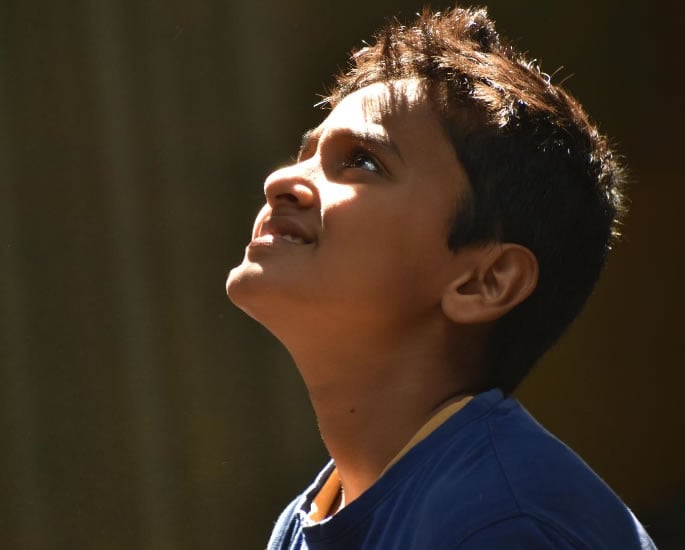
Despite the immense challenges, a growing number of individuals and organisations are working tirelessly to break the silence surrounding sexual violence against boys in India.
They are challenging societal norms, advocating for legal reform, and creating safe spaces for survivors to heal.
One of the leading voices in this movement is Harish Sadani, Secretary at Men Against Violence and Abuse (MAVA).
MAVA is a pioneering organisation that works with men and boys to challenge traditional masculinity and promote gender equality.
Sadani and his team believe that engaging men as partners and stakeholders is crucial to ending gender-based violence in all its forms.
Through workshops, counselling, and community outreach, MAVA is creating a new generation of men who are not afraid to be vulnerable, to challenge patriarchal norms, and to stand up for the rights of all survivors.
Other organisations, such as Arpan, are focused on providing direct support to survivors and their families.
Arpan offers counselling, legal aid, and advocacy services, helping survivors to navigate the long and difficult road to recovery.
The voices of survivors are also becoming more powerful.
By sharing their stories, they are challenging the stigma and shame that have long surrounded this issue. They are showing other survivors that they are not alone and that there is hope for healing.
India’s hidden crisis of sexual abuse against boys reveals a profound conflict between societal expectations and individual trauma.
For generations, the weight of a rigid masculinity, reinforced by gaps in the legal system and a culture of enforced silence, has buried the suffering of countless victims.
The journey from silent endurance to open acknowledgement is fraught with personal and societal challenges.
Yet, the ground is shifting.
The conversation is no longer confined to hushed whispers; it is entering the public sphere, demanding to be heard.
Bringing this issue out of the darkness is not about assigning blame, but about fostering a deeper understanding of vulnerability.
It is a crucial step toward building a society where strength is not defined by silence, and where the safety and healing of every child, irrespective of their gender, becomes a shared, undeniable priority.










